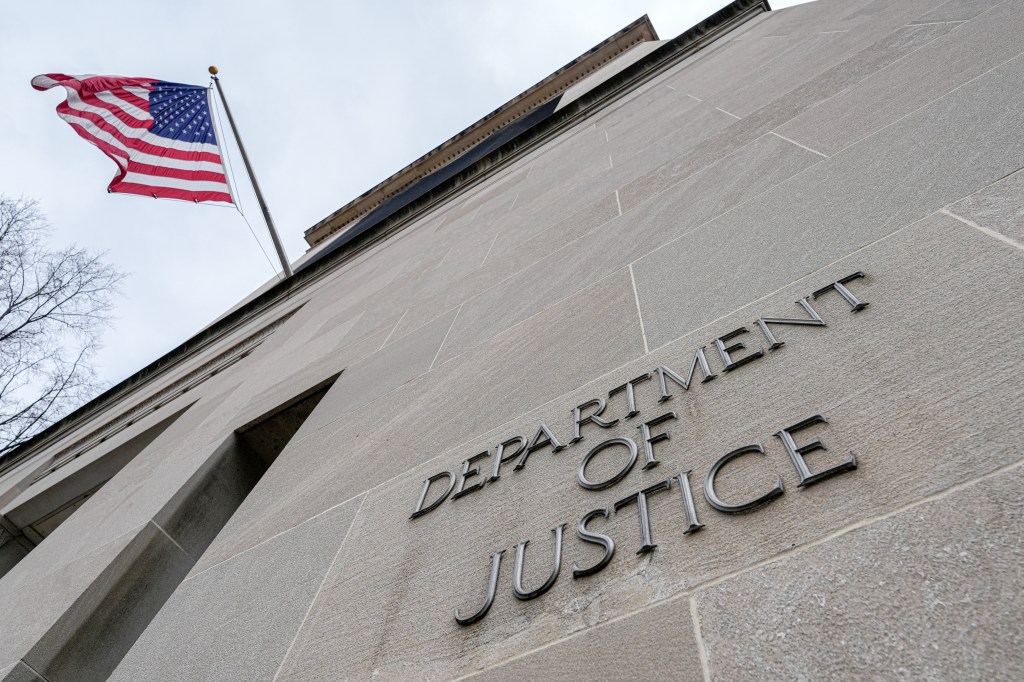As we look ahead to what 2025 could offer, let’s also reflect on the year that’s wrapping up. As we navigate this holiday timeframe in which no one really knows what day it is, our team at GRIP suggests that you put on some comfy slippers, grab that warm beverage and reflect on some good reads from our valued contributors.
Below are some of the most popular articles from our contributors in 2024.
In each of the articles, the external subject matter experts have contemplated and analyzed some of the regulatory compliance challenges affecting highly regulated businesses across the globe in 2024. They feature discussions of AML, ESG, finfluencers and surveillance as key topics of interest, along with non-financial misconduct and trends in fintech and internal audit.
And, if you’ve found our coverage useful, we kindly ask that you consider sharing our newsletter with your colleagues, so they too can stay more informed in 2025. A very happy new year to you; we look forward to engaging with you more in 2025.
#10: When it comes to fraud, internal audit needs to protect – not just detect
Richard Chambers and Bruce Dorris put forward a strong case for the internal audit function adding more value in roles where it is seen as wearing a proverbial “white hat” and is perceived as a force for good.
In this conext they very lucidly summarized key takeaways for internal auditors from the ACFE’s 2024 Report.
This was also one of our favorite cover images this year.
#9: Under the finfluence – the effects of social-media-driven investment
In this article, attorney Howard Fischer, a partner at NY-based law firm Moses Singer, observes how a reliance on social media for investment advice has led to some concerning results.
While celebrities and lifestyle gurus are perhaps most known for hawking beauty aids, diet fads, and healthcare and wellness products, they have increasingly turned to promoting investment strategies.
What’s the downside risk to firms using their powerful influence, and how can they temper those risks?
#8: Why payments in open banking are a beacon for fintech innovation
Although FinTech as a buzzword du jour has been replaced by AI, developments in this ecosystem have not paused.
Chris Hill from Fox Williams cogently argued that the recent developments in the payments industry around open banking actually provide a fantastic case study for what fintech can achieve — albeit in a rather roundabout and surprising way.
#7: UK, EU and US sanctions on Russia: Part 2 – Five-step checklist
Geopolitical risk and sanctions have been high on the compliance agenda since the attack on the Ukraine by Russia. Andrew Hood, Charlie Smith and Richard Tauwhare all from Fieldfisher offered some practical help in the form of a ‘cheat sheet’ on how business activities may be affected. This included examining asset freezes and sanctions blocking.
Part 1 (an outline of new developments) and Part 3 (a high level overview) of this useful and digestible three part guide to the sanctions regime in place were also popular reads.
#6: Sexism in the City: “Talking to women, nothing seems to have changed”
Frustration was the omnipresent theme of the Treasury Select Committee’s ‘Sexism in the City’ inquiry, with evidence sessions spotlighting the slow progress to address sexual harassment and misogyny faced by women across the financial services industry against the backdrop of recent high-profile cases.
Emily Lemaire and Hannah Pack at Ashurst took a closer look for us at non-financial misconduct and the role of the regulators and also highlighted key considerations for firms.
#5: Crossing borders – top tips for navigating UK and US compliance
Cross-Atlantic business has proven surprisingly resilient and Ryan Stibich and Ronnie Kwok from Bovill Newgate examined the fundamentals of cross-border financial promotions in order to help companies ensure that they are complying with the relevant rules on both sides of the pond.
#4: What you need to know about changes to the UK Listing Rules
Alasdair Steele, James Parkes and Kate Darracott from CMS analyzed the FCA’s new listing rules, which came into force on July 29, 2024.
The experts at CMS looked gave a broad overview of the new regulatory regime and then examined key retained protections and key elements of the changed approach for ESCC companies.
#3: Key themes from the PRI in Person Conference in Toronto
Daniella Woolf and Harriet O’Brien of Danesmead ESG reported on the 16th in-person conference held by PRI (Principles for Responsible Investment).
They found that the mood, despite a challenging year for ESG politically and geopolitically, was overwhelmingly positive with the event attracting more than 2,000 delegates from across the globe.
#2: Tackling market abuse: Assessing surveillance for asset managers
Based on their recent observations as well as client examples, Peter Bowyer and Eoghan Hartigan from Bovill Newgate identified several common risks that asset managers are facing as a result of their day-to-day trading activities.
This piece was the second of their two part series on tackling market abuse and their article on Tackling market abuse: Blocking threats for brokers was also very popular with our readers.
#1: OPINION: It’s not the system, it’s the people – TD Bank scandal through a different lens
The Toronto Dominion Bank scandal really resonated with our readers. Almost everything about this story was extraordinary, from the scale of the problems at the bank to the sheer size and brazen nature of the money laundering.
In our most popular contributed piece, former federal agent Robert Mazur forcefully argued that the government and its agencies should not have allowed inferior AML software to become a get out of jail free card.
They ought to instead have focused on the fact that many at the bank were aware of the money laundering, which should, in theory, have led to the arrest of the individuals responsible for the crimes committed.

















